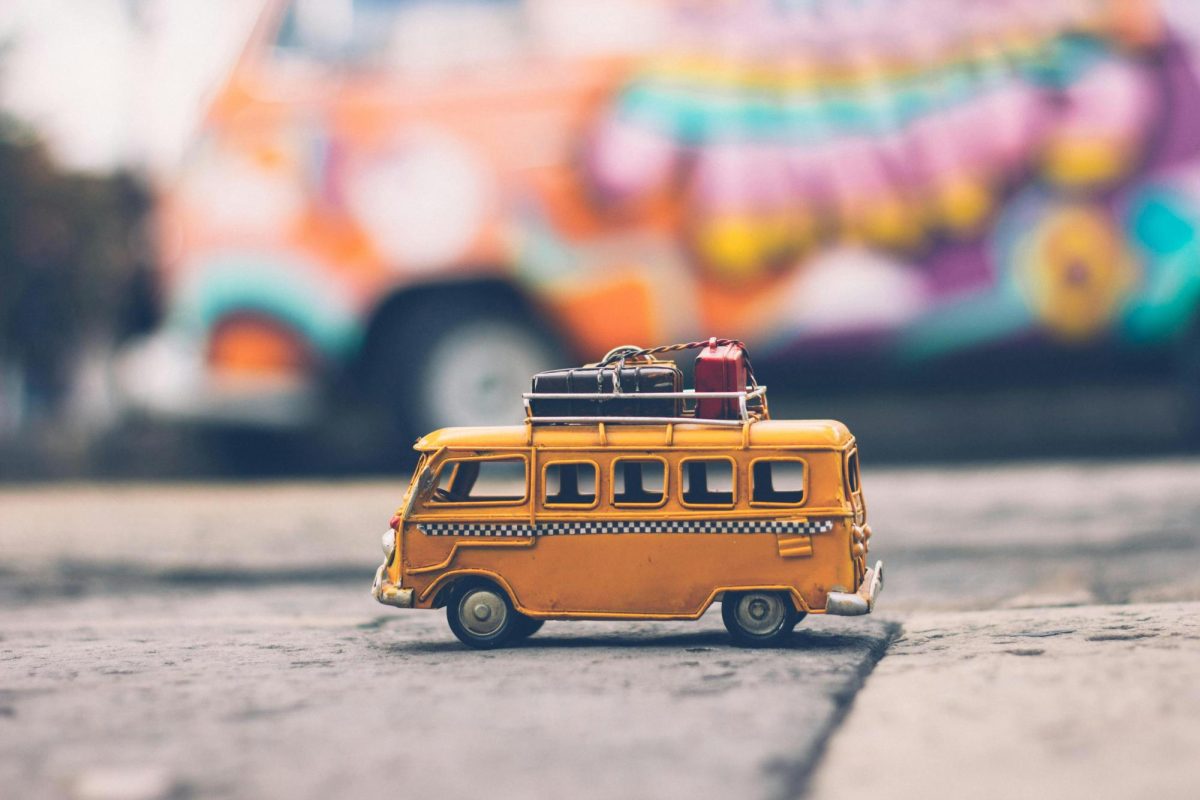MADELINE RAINERI | News Editor
Washing hands. Organizing spaces. Being terrified of germs.
Did you think of obsessive-compulsive disorder?
Most people do. It’s what we commonly portray OCD as in a society. And sure, everyone enjoys the “Top 34 Most Satisfying Things You’ve Ever Seen” Buzzfeed articles, but that’s not all that OCD is.
My brother suffers from severe OCD. So growing up, I believed there was no way I could have it.
He didn’t have handwashing problems or an organization obsession. He had to complete routines or absurd tasks, like licking dirty toilet bowls (the compulsion) because he was afraid if he didn’t, something bad would happen to himself or his family (the obsession). I practiced none of the same habits and I never truly “suffered” as people like my brother do.
It wasn’t until late in my senior year of high school when I even toyed with the notion that I wasn’t just “quirky” and maybe there was an explanation for the methods of my madness.
I never recognized the OCD and therefore developed an extreme anxiety problem as a result of the underlying cause I never paid attention to.
The obsessive worrying about completely unrealistic subjects (the obsession), the waking up in the middle of the night and checking on a member of my family or a friend who had been drinking or had taken an Advil to make sure they were still breathing (the compulsion) and if I didn’t check I was afraid they would die in their sleep.
It’s taking a shower at 6 p.m. and another at 9 p.m. because you left the house after you showered, and you can’t get in your bed unless you’ve showered.
It’s never missing a shower before bed, whether you’re sick, traveling or at someone else’s house.
It’s not actually being able to even spend the night at anyone’s house because you have so much anxiety about not being able to shower, brush your teeth, take out your contacts, put on chapstick, then lotion, then get in bed in exactly that order or you might die in your sleep.
It doesn’t always make sense. And I don’t actually have a solution to any of the problems I encounter. But what I can say is that self-awareness is key. That means learning to understand yourself, what triggers your OCD and what the best methods are for preventing it from interfering with your life.
It’s not just washing your hands, being organized or being scared of germs.
It’s much more than that.







